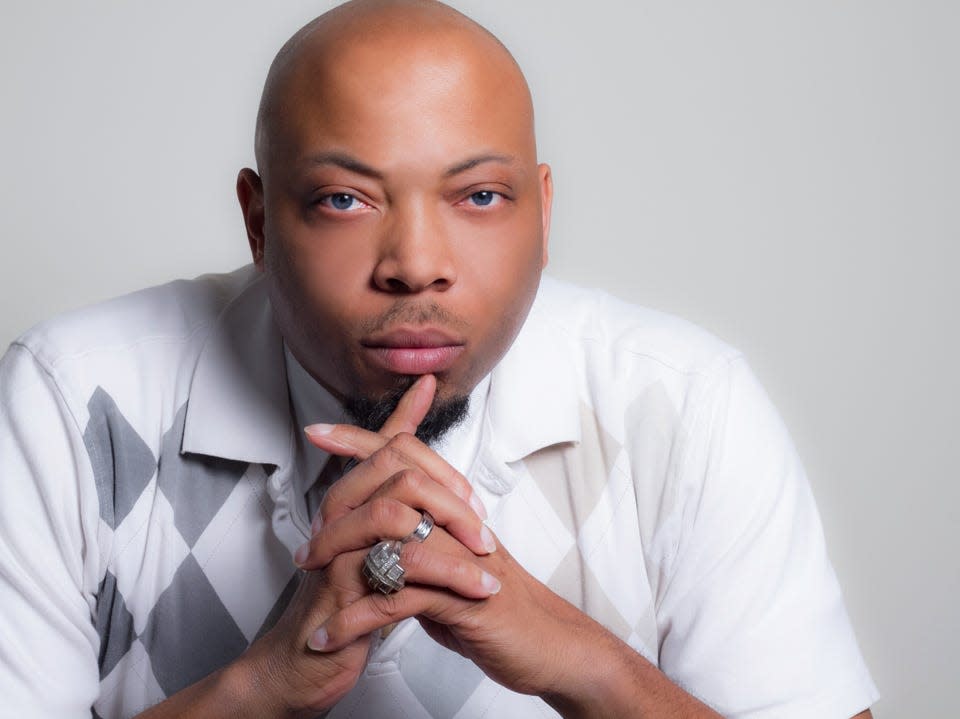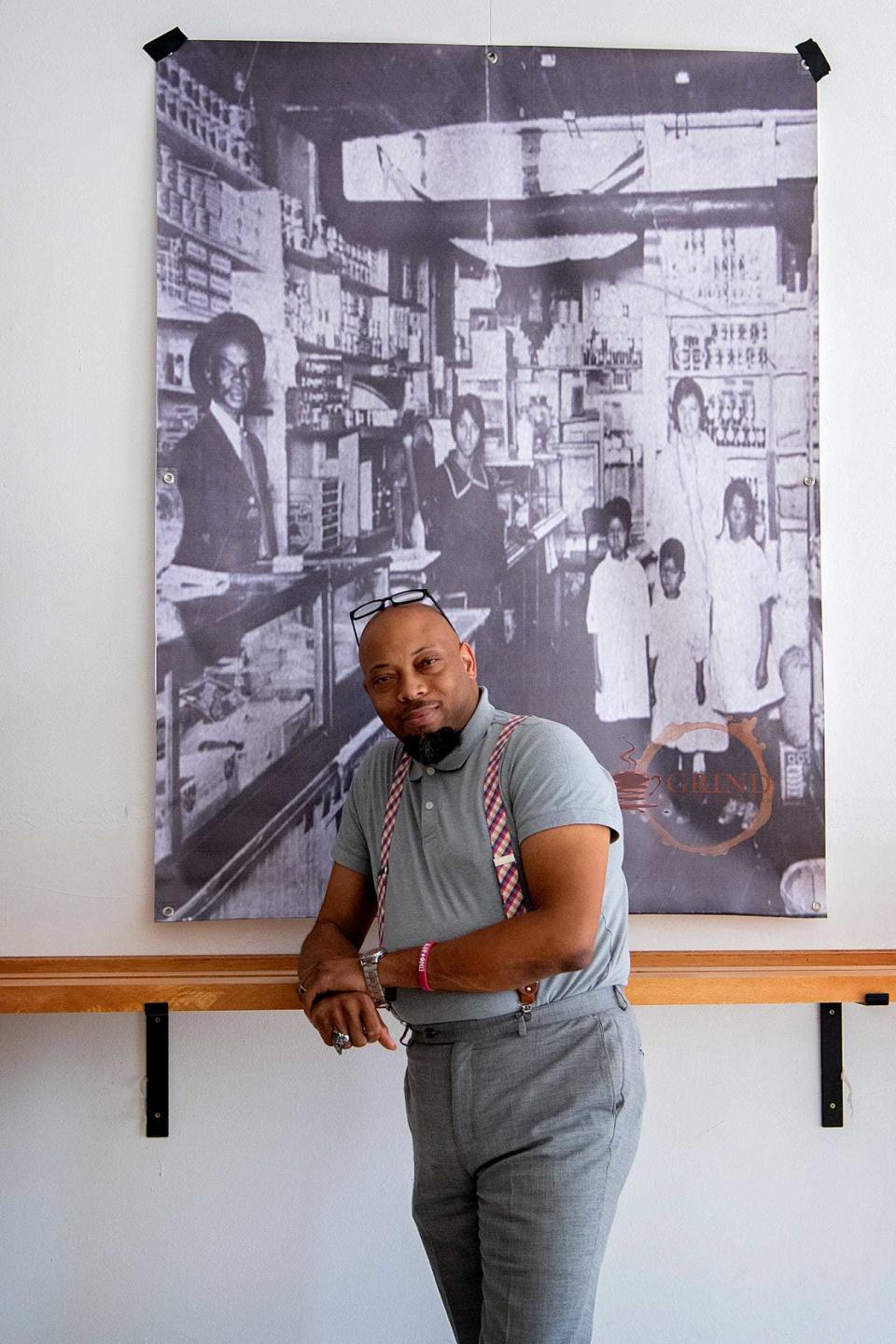Opinion: 2nd Chance month in Asheville — opportunities abound after jail sentence served

- Oops!Something went wrong.Please try again later.
I was inmate 80052-083 and I got a Second Chance.
President Biden officially proclaimed April as Second Chance Month. His proclamation states "once someone completes their sentence, they should have the chance to earn a living, build a life, and participate in our democracy as fellow citizens. Instead of giving people $25 and a bus ticket when they are released, we have to help them address their underlying needs as they re-enter society ."
"Not only does the U.S. have the highest incarceration rate in the world, every single U.S. state incarcerates more people per capita than virtually any independent democracy on earth," according to the Prison Policy Institute.
North Carolina has an incarceration rate of 617 per 100,000 people. The Recidivism Commission's Sentencing Report (2022) shows that our recidivism rate is 36%. This means that out of all the people that are released from incarceration in N.C. about one out of three are incarcerated again within 18 months.
More: Opinion: Asheville's changing economic deck of cards
More: Opinion: Dear Class of 2021, the door to money is open
A returning citizen is a person who has been released from jail, prison or other type of incarceration. Being released is their second chance. Of course, people could focus on the one out of three that go back in. But there's another two out of three that do not. That's 64% of returning citizens that stay out and continue as citizens in the community. This is something worth celebrating.
The HealthyNC 2030 plan names structural racism as one of the social determinants of health and Buncombe County has named racism a public health and safety crisis. It's easy to talk about the negative side of the justice system, but there is a silver lining around this horribly grey cloud.
When people are released from prison they contribute to our community in powerful ways.
Asheville has lots of returning citizens who use their life experience and professional acumen to make our community better.
Incarceration does not have to be the end of the road ― especially not in Asheville.
When I got back from prison I had to start over. Gratefully, amazing programs were in place with doors wide open ready to support.

Ontrack Financial helps repair and restore credit.
Mountain Housing Opportunities helps with rental options and home ownership.
Most agencies here have banned the box and the Chamber's EDC is leading the Inclusive Hiring Partners Initiative to connect sustainable employers to returning citizens who need good paying jobs.
MANNA FoodBank provides food through its partner agencies and YMCA's truck provides free fruits and vegetables throughout the community.
More: North Carolina must continue supporting telemedicine in our state prison system | OPINION
To be sure, there are challenges. I've had my share. And still do. For example, after I was released from prison in 2015, I had a $1.5 million judgment that prevents me from buying a home. I'm exempt from certain programs and must continually go through the "full disclosures" each time I start a new community relationship.
When I was incarcerated, I taught the GED program. Each day, I had a class of men that were there for various drug related offenses and did not have a GED/HSE. While justice systems had found them guilty of crimes, it had overlooked their skills and abilities.
More: Editor: Open call for women to share their voices, during Women's History Month and always
They were excellent at human resources, risk management, money management, community partnerships, negotiations, marketing and sales.
When those same skillsets come back to the community, they can do amazing things.
They start trauma-resiliency programs helping to heal communities and inspire hope.
They are chefs and entrepreneurs creating jobs that strengthen the economy.
They are community health workers helping address the social determinants of health.
They create construction companies and car dealerships and lawn care companies.
They break records and make history right before our very eyes.
Most of them happen to be Black men. Since 75% of all Black men will be justice involved, supporting a Black owned business is part of community-based justice reform. So let them know that the community is not only there to respond to their misstep. The community will also respond to their greatness.
I took my Second Chance and started GRIND coffee shop, founded Black Wall Street AVL-a Black Business incubator, and created a GRINDfest-a new festival celebrating Black business and entrepreneurship.
I don't know if all this would have been possible in another city but I know it happened here - in Asheville.
Second Chances are real. I'm living proof.
As President Biden wrote, "it will keep families whole, build stronger and safer communities, grow our economy, and reduce recidivism long-term."
J. Hackett is owner of GRIND LLC, and founder of Black Wall Street AVL.
This article originally appeared on Asheville Citizen Times: Opinion 2nd Chance month in Asheville: opportunities abound after jail

